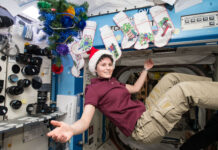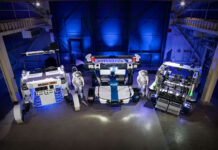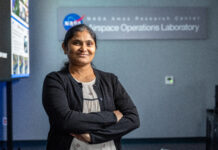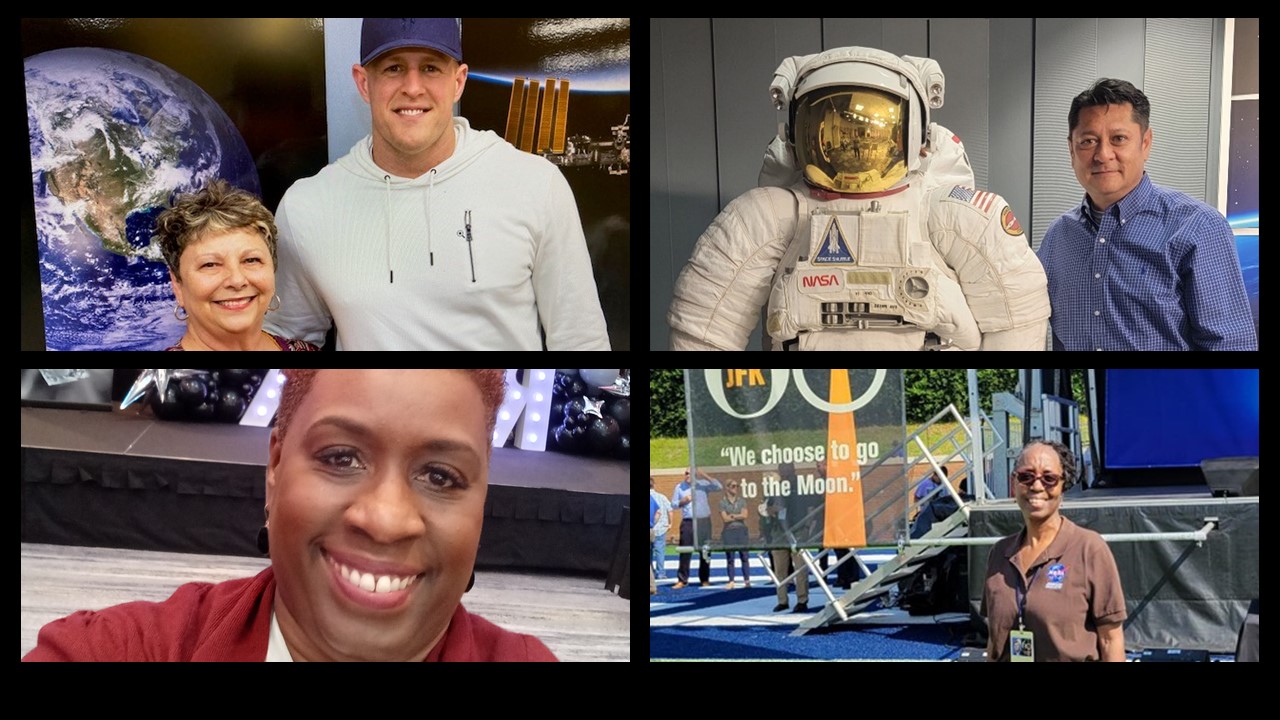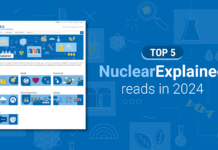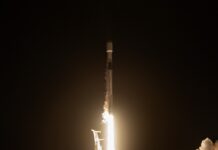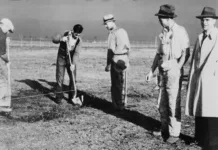For every NASA astronaut who serves as the public face of human spaceflight, there are countless individuals working tirelessly behind the scenes to ensure the agency’s missions are successful. Even the smallest tasks contribute significantly to NASA’s ability to explore and innovate for the benefit of humanity.
One such group of unsung heroes is the team of administrative assistants and secretaries at the Johnson Space Center in Houston. This group, consisting of over 90 dedicated professionals, plays a crucial role in supporting NASA’s programs and leaders. Whether coordinating meetings, arranging travel, or preparing necessary materials and information for Johnson’s leadership, their work is indispensable. Carla Burnett, an executive assistant in the Center Director’s Office and the lead for all administrative staff at Johnson, encapsulates this sentiment well: “We work hand-in-hand with management to get them where they need to go and ensure they have what they need to continue doing their important work.”
Burnett’s journey into administrative work began 41 years ago. She started her career in the Astronaut Office mailroom, a role she secured through her high school’s Office Education Program. “Being a meek and mild high school student, sitting there with the astronauts, going through all of their fan mail – I was in awe! It was an absolute honor,” she recalls. This experience, coupled with her recognition as her high school’s Office Education Student of the Year, confirmed that administrative work was her true calling. Her dedication and perseverance saw her rise from the mailroom to a position as a crew secretary for two space shuttle flights. “Being a servant and helping others is what I really love about administrative work,” she said.
Today, Burnett supports Johnson’s senior executives and serves as a key resource for the administrative team. “They are all very self-sufficient and work within their own organizations,” she explained. However, she often coordinates team-wide meetings, celebrations, or training sessions and is always available to answer questions. “We work consistently as a cohesive team. We are knowledgeable and, may I add, exceptional at what we do because we do it for the benefit and success of our Johnson family, NASA, and a plethora of communities!”
Burnett’s dedication to service is a common trait among the administrative team, as is their commitment to caring for others. Edwina Gaines, an administrative assistant for the Extravehicular Activity and Human Surface Mobility Program, finds the most rewarding parts of her job to be contributing to team success and building long-lasting friendships. “That connection to people is important,” she said. “It’s important for me to know who I’m supporting or working with.”
Gaines’ journey to NASA began nearly 20 years ago through volunteer work at her church. A church partner, the Houston Area Urban League, was helping a NASA subcontractor fill a secretarial position through the Small Business Administration’s HUBZone Program. Gaines got the job and has since supported four programs and two institutional organizations, getting to know several agency leaders quite well. She noted that paying attention to small details, such as managers’ preferences for printed materials or presentations, their office organization, and their break times, helped her stay one step ahead. She recalled one instance when she noticed a manager hadn’t taken a break in five hours and brought them something to drink. “It’s about taking care of the people who are doing the mission. If you don’t take care of yourself, you can’t complete the mission,” she said.
Rick Pettis, the administrative officer for the Center Operations Directorate, also appreciates being part of this exceptional team. Pettis, who joined Johnson in 2014 after retiring from the U.S. Navy, enjoys helping others with problem-solving. “Every day there will be someone who calls me to ask, ‘How do I get this done?’” he said.
The administrative team’s work includes memorable moments as well. Dottie Workman, a secretary supporting Johnson’s External Relations Office, fondly remembers meeting her first astronaut. “When I met my first astronaut, I was in awe,” she said. “I couldn’t believe that someone so important was walking around the campus just like everyone else. He was so nice – he shook my hand and took the time to talk to me.”
Workman has been a civil servant for 52 years, with 29 of those spent at Johnson. “My career has taken me all over the United States and Germany,” she said. Her move to Texas was suggested by her son, who was stationed at Ft. Sam Houston in San Antonio. “When my son was in the military and stationed at Ft. Sam Houston in San Antonio, he said, ‘Mom, why don’t you move to Texas?’ I didn’t have a good reason to say no, so here I am!”
Beyond interacting with astronauts, Workman finds joy in sharing her NASA experiences with family and friends. “It is always exciting to see their reaction,” she said.
Reflecting on her career and the team she leads, Burnett expressed immense gratitude. “I’m grateful to work with a group of professionals who know the significance of propelling today’s men and women into the next generation of deep space for years to come,” she said. “We are Artemis proud!”
In the realm of space exploration, it’s easy to focus on the astronauts who venture into the unknown. However, it’s essential to recognize the vast network of support that makes these missions possible. The administrative team at Johnson Space Center represents the dedication, expertise, and passion that drive NASA’s success. Their meticulous attention to detail and unwavering commitment ensure that every mission, from the planning stages to execution, runs smoothly.
For those interested in the broader scope of NASA’s operations, understanding the crucial role of administrative support can provide a more comprehensive view of what it takes to explore space. The stories of Burnett, Gaines, Pettis, and Workman highlight the diverse backgrounds and experiences that contribute to the agency’s achievements. Their collective efforts exemplify the teamwork and dedication required to push the boundaries of human knowledge and capability.
In conclusion, while astronauts may capture the headlines and inspire the public’s imagination, the contributions of the administrative team at Johnson Space Center are equally vital. Their work behind the scenes ensures that NASA can continue to explore, innovate, and achieve its mission of benefiting humanity. As we look to the future of space exploration, it’s clear that the success of these endeavors relies not only on the bravery of astronauts but also on the dedication and expertise of those who support them every step of the way.
For more Information, Refer to this article.


















